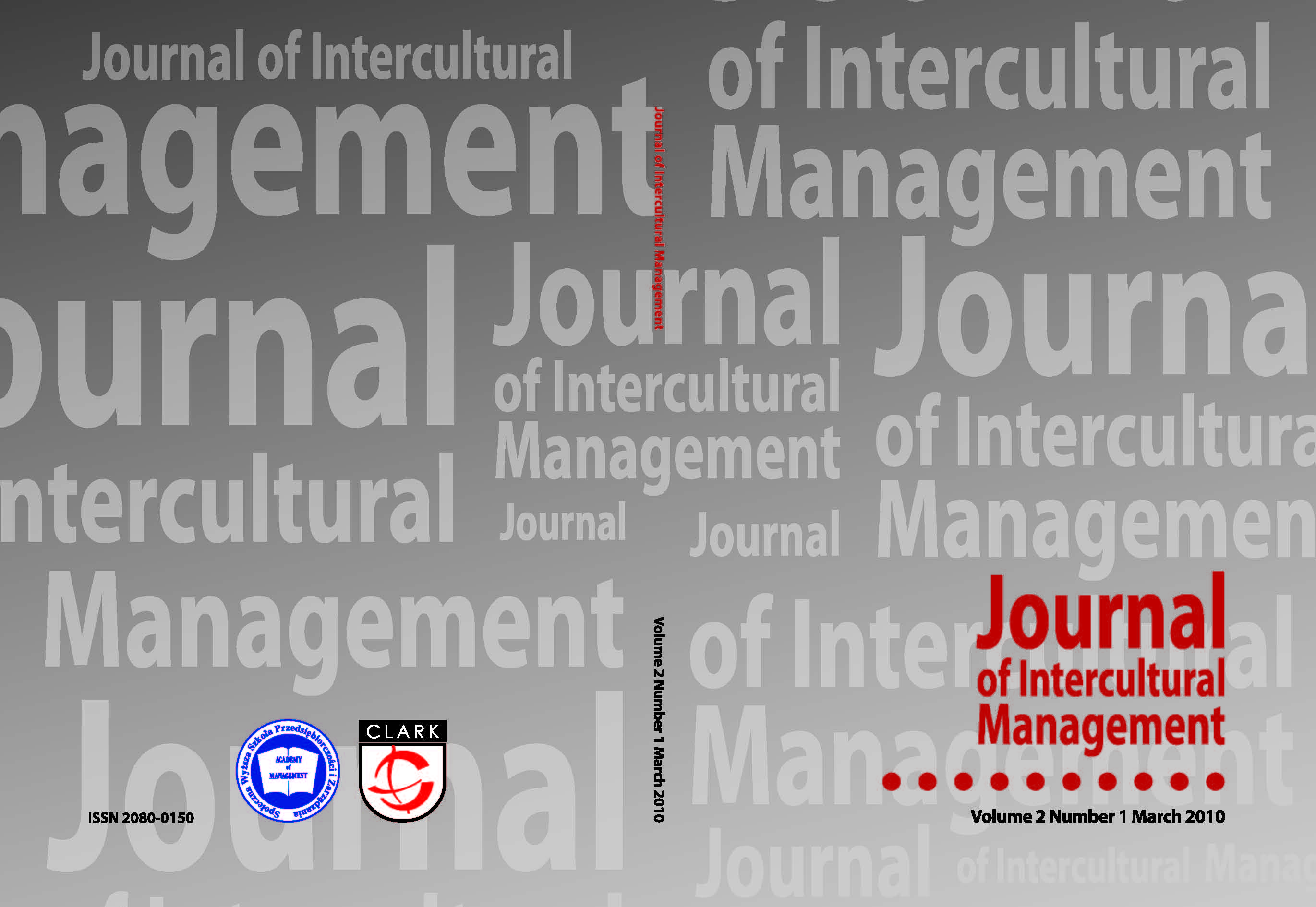Cross-border Tertiary Education: The Challenges and
Opportunities for Intercultural Understanding
Cross-border Tertiary Education: The Challenges and
Opportunities for Intercultural Understanding
Author(s): John Chetro-SzivosSubject(s): Social Sciences, Education
Published by: Społeczna Akademia Nauk
Summary/Abstract: Universities are agents of social responsibility and this paper explores how they can expand this mandate by forging collaborative ventures to produce the worldwide leaders of tomorrow. These international partnerships between universities can instill infuture leaders the values and knowledge to build a sustainable future. The significance of international cooperation for the transfer of knowledge across border is critical in meeting the needs of people across the globe. UNESCO has defined cross-border tertiary education as the movement of people, programs, providers, curricula, projects, researchand services in tertiary (or higher) education across national jurisdictional borders. Cross-border education is a subset of educational internationalization and can be partof development cooperation projects, academic exchange programs and commercial initiatives in today’s globalized era. The mobility of students, professors, knowledge andeven values has been part of higher education for centuries, but it has recently grownat an unprecedented pace. The last two decades have seen a significant growth in the mobility of higher education programs and providers through physical and virtual modesof delivery. Parallel to these opportunities are an equal number of challenges: a potential increase in low quality or rogue providers, a lack of recognition of foreign qualifications by domestic employers or education institutions, along with elitism and the tensions it creates. This paper will present research on several successful models between several institutions of higher education in different nations. These models will demonstrate how universities have take on an anticipatory role by fostering intellectual advancement that contributes to the broader goals of sustainable development, poverty reduction, creation of wealth,and peace and human rights.
Journal: Journal of Intercultural Management
- Issue Year: 2/2010
- Issue No: 1
- Page Range: 5-22
- Page Count: 18
- Language: English

